'Everyone has a story to tell': 8 top tips for young writers
Published on: 01 May 2023
The brilliant author and poet Laura Dockrill's new book is full of tips for young writers - and here, she shares eight with us...
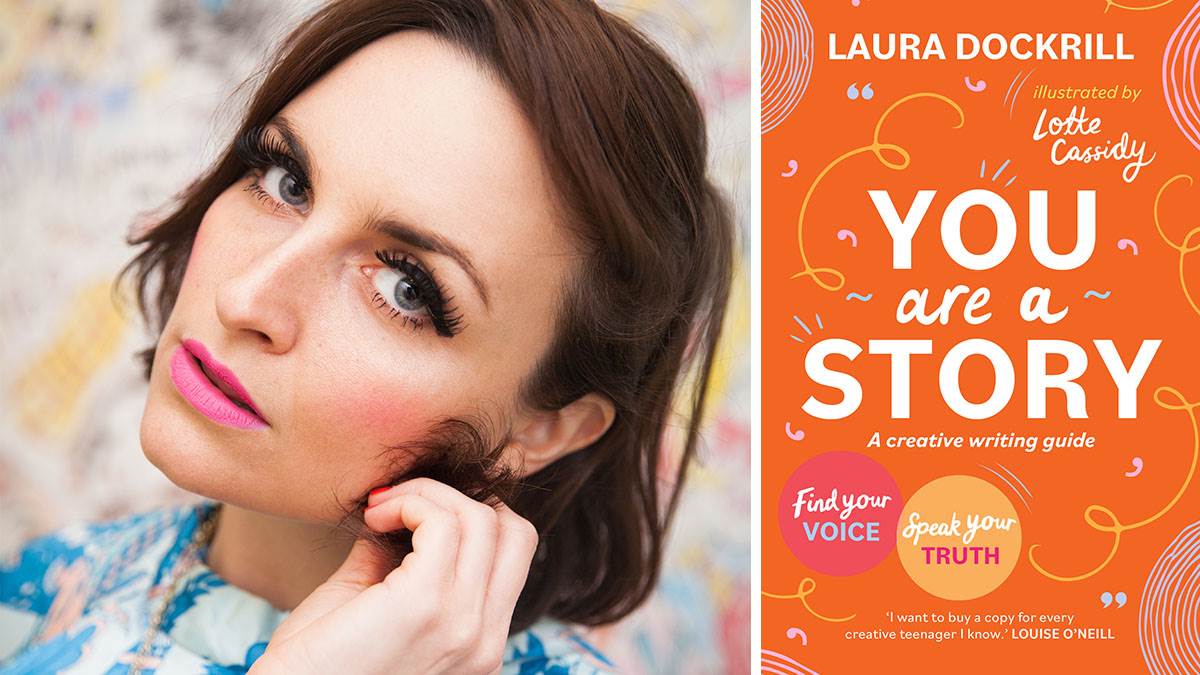
Everyone has a story to tell. Everyone. And there are many ways for our stories to be told.
Writing is one of the cheapest, most accessible and beneficial creative processes we can do, and yet it's easy to forget that we have this incredible, powerful skill of communication, mindfulness and therapy available to us just a fingertip away – literally.
I get it - we might feel intimidated, threatened or daunted by the blank page. We might feel like writing is self-indulgent, pretentious or a waste of time. Maybe we want to write but we can't find a way in.
Here are some simple top tips on how to start, and a reminder that it's never too late to begin:
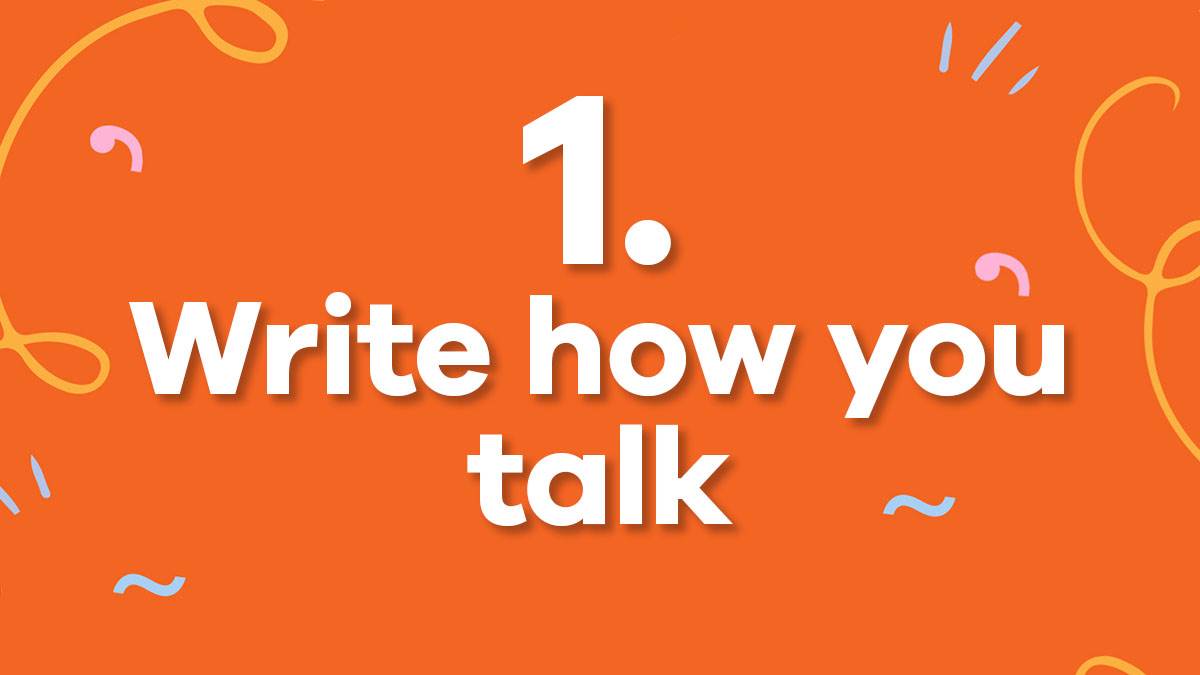
1. Write how you talk
I have written since I was able to wrap my chubby young hand around a pencil and yet I never imagined I'd write as a profession because the only authors we studied at school were dead men. We all have a stereotypical idea of a 'writer', who they are and how they write. I wasted years trying to sound like everybody else, like I thought a 'proper' writer would: witty, sharp, using over-the-top vocabulary.
It was only once I began to write like myself that the best work came. Write how you speak: the more unique and stuffed full of your twists and turns of phrase, the imperfections and nuances, the better. Writing is an account of your experience.It should be drenched in your DNA and stink of you!
Never cheat yourself; be authentic and original; you are enough – warts and all.
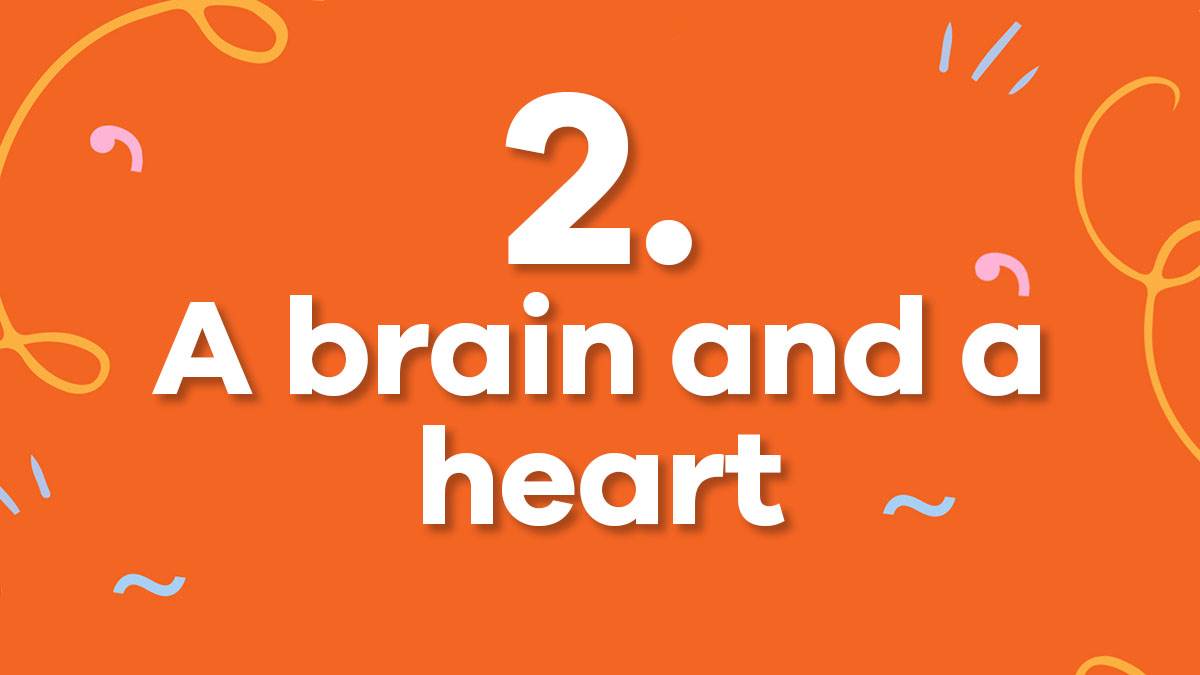
2. A brain and a heart
We all make excuses as to why we haven't done that precious thing for ourselves – usually time or money – but the biggest excuse I hear when teaching a writing masterclass is, 'I can't start until I get my new expensive notebook', 'I don't have a nice laptop', 'I need a new pen' or 'I have to paint my writing room'.
The number of classes I've taught where writers come in with their fresh £20 Moleskines and by the end of the class their favourite bit of writing is scrawled on the back of an envelope. You have everything you need to be a writer already: a brain and a heart. Any little notebook and pencil will do. Just start.
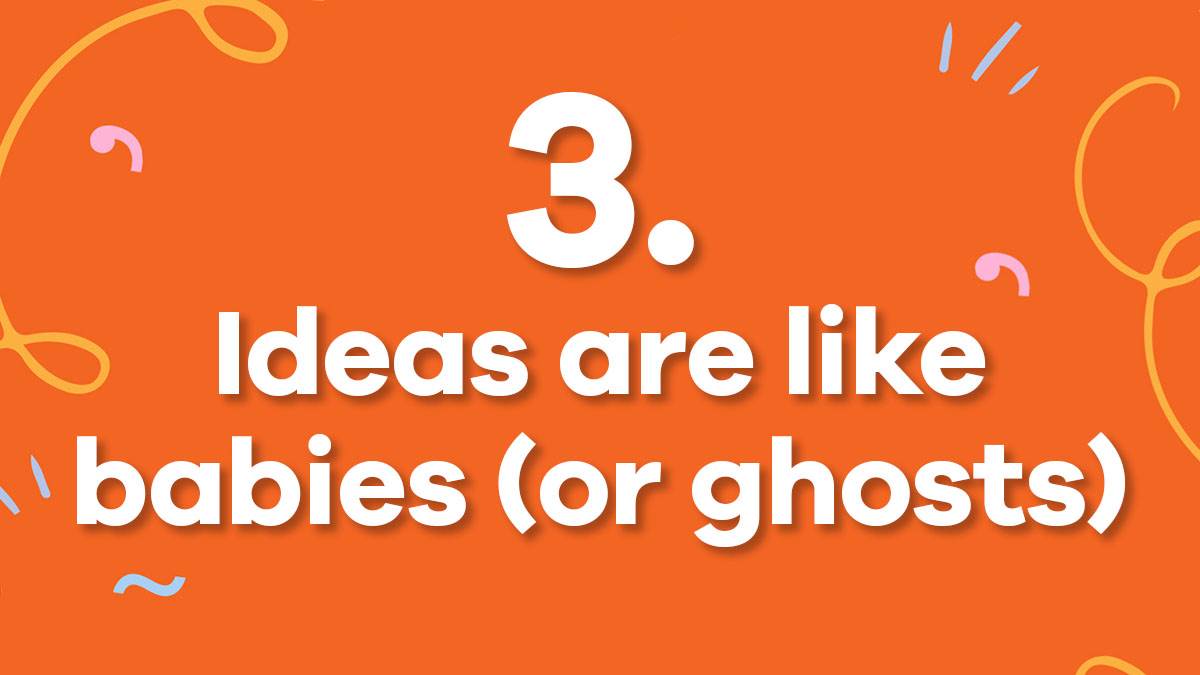
3. Ideas are like babies (or ghosts)
Once you unblock the creative taps, ideas might come at you thick and fast, sometimes at the worst times, in the most inconvenient places – for me, usually crying their head off in the middle of the night needing attention, haunting me like a ghost until I listen in.
Keep a notebook or your phone by your bed to jot down any late-night or early morning thoughts. Be ready to catch them!
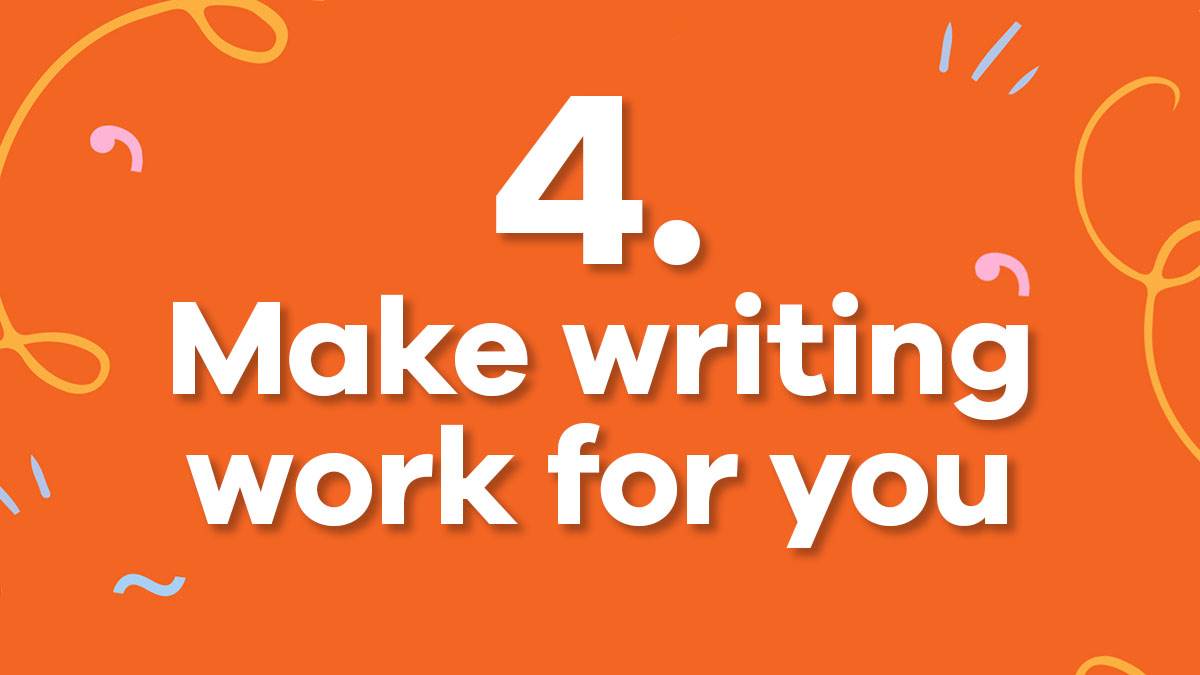
4. Make writing work for you
Writing isn't a necessity for everybody. We don't all feel like we're going to explode if we don't do it, but we will feel better for writing, and earn a sense of pride and reward.
We lead busy lives so the idea of finding even five minutes in our busy schedules can feel overwhelming and demanding. But if you have the time to read this, you have the time to write.
A great place to start is to feed a little bit of creative flair and style into the everyday writing you already do. Speaking and listening is writing too! Practise your writing style in your conversation, text messages, emails, shopping lists, notes on the counter to your housemate or partner. Not got the time to physically write? Try recording yourself or use voice notes on your phone.
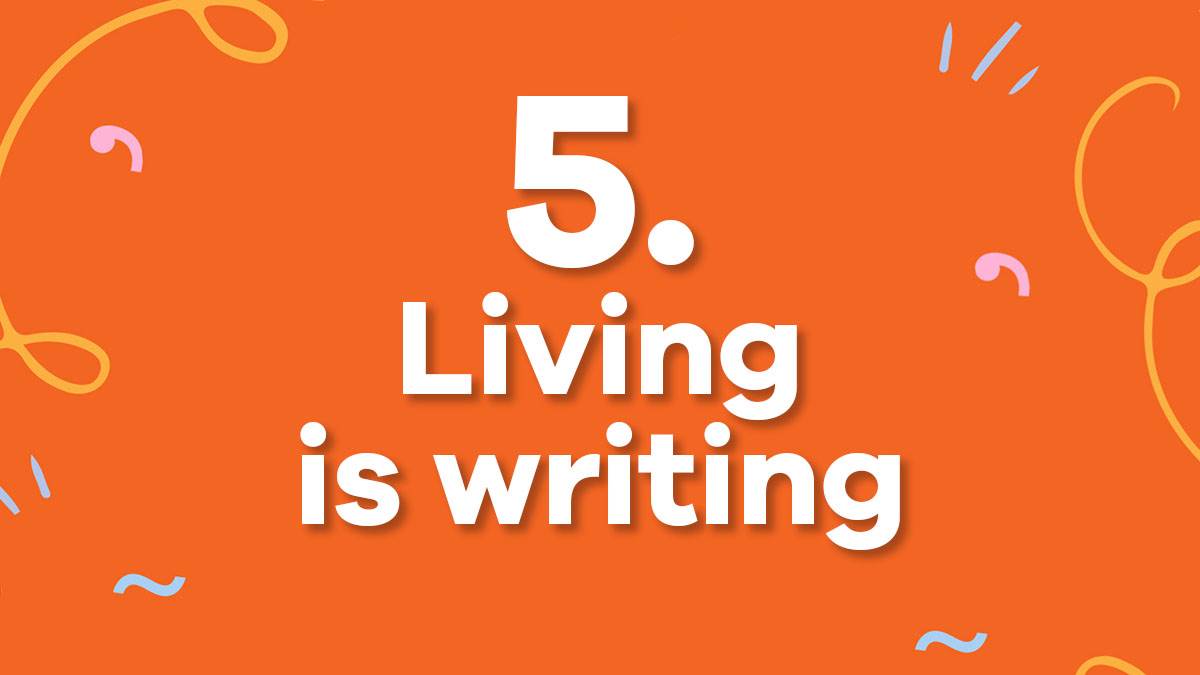
5. Living is writing
I don't believe in writer's block. I just believe we need to do more living. Don't force an idea; instead, take a walk, get outside, be a spy, a magpie, soak up the great outdoors, ride a train, meet people, talk, listen, eat, drink, read, watch, do, explore – fill your pockets full of pebbles of experience.
Look for stories and inspiration all around you. Ideas are everywhere.
You don't have to just read books either. Stories are what tie us all together and there are many ways to tell one: through photography, art, fashion, food, music, film, watching TV or sitting on the top deck of the 137 looking out at the world, eavesdropping – you'll see there is an abundance of characters, story and conversation waiting for you.
Look out and gently write as you go – it is all gold dust. Living will only make you a better writer.
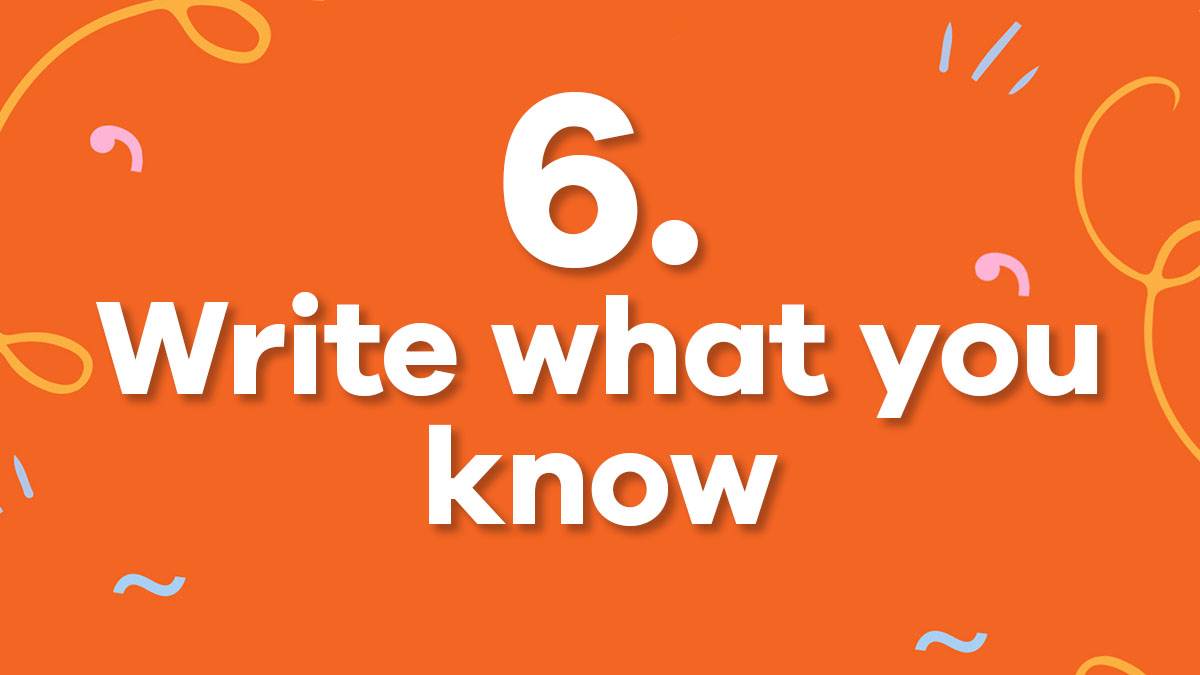
6. Write what you know
This is a cliché for a reason. Even when writing fiction, creating imaginary characters and invented landscapes, always embroider the truth, write from the heart, using your own experience – this will make the work more impactful, relatable and empathetic, and it will enhance the experience for you too!
You are INTERESTING. YOU are a story.
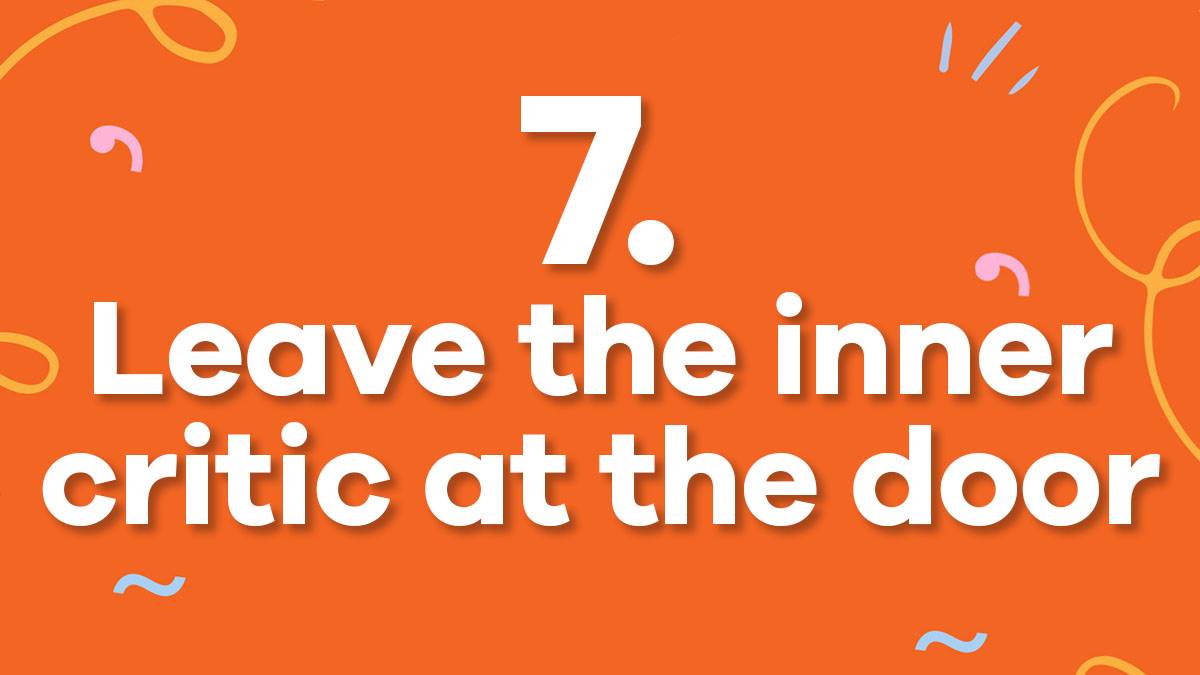
7. Leave the inner critic at the door
We all have a voice in our head that says we can't. That we're not clever enough, funny enough, cool enough . . . whatever. Writing can make us vulnerable: not only are we sharing our experiences, we are also putting it down on the page for judgement.
So instead, write for you. Don't be hard on yourself. And if you decide to share your work, take feedback with a pinch of salt. I no longer share my work with my family and friends, as I never get the feedback I 'imagined' and it's putting your loved ones in a compromising position that usually ends in tears (mine!). Try building a network of writers that you can share work with for feedback or try an open mic night.
This is your story. What matters most is that you like it.
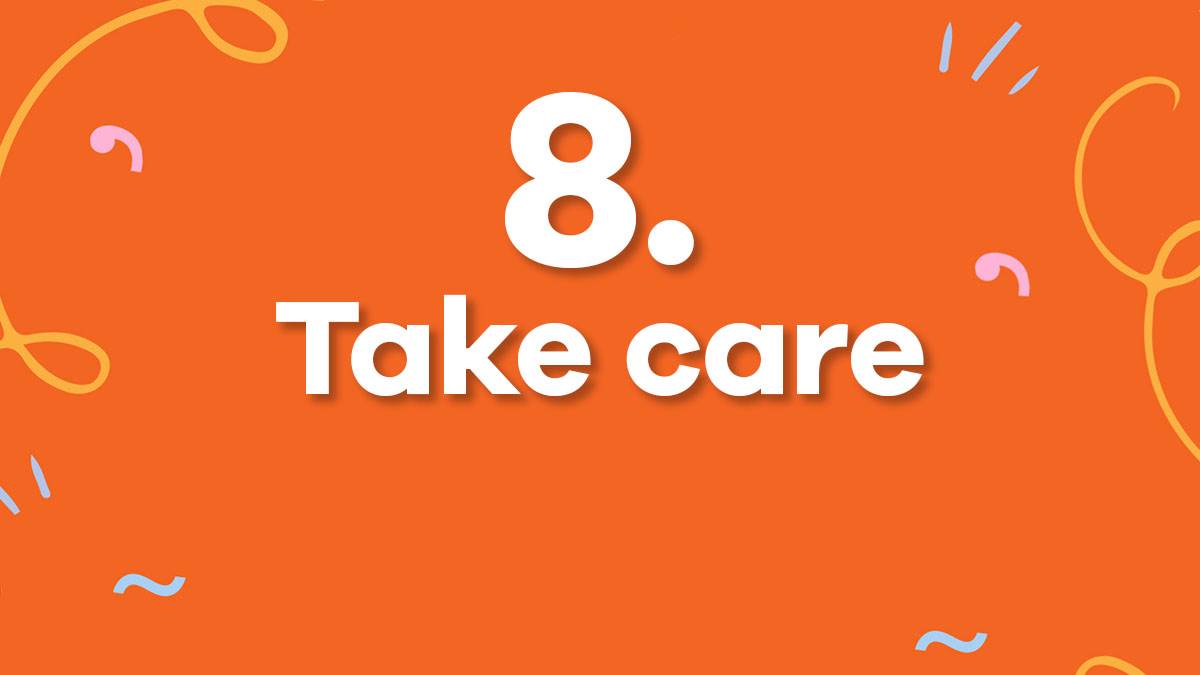
8. Take care
Writing can be a powerful and overwhelming experience; it can catapult you to the past or the future. But it can be a lonely, quiet process too. That can be physically, emotionally and mentally demanding. After a good stint of writing, I can feel exhausted and irritable; my heart might be beating too fast and I need to eat, sleep, relax and watch some TV.
Give yourself permission to rest, to hold yourself close. If you're bringing up buried emotions or difficult lived experiences, tell a loved one that you are writing and reach out.
Let people be a part of this magical, brave journey you are on. And don't be afraid to stop if it gets too much. You can always come back. That's the cool thing about writing – it's always there, waiting for you.
You Are A Story: A creative writing guide to find your voice and speak your truth by Laura Dockrill is out on 11 May 2023, published by Hot Key Books.





